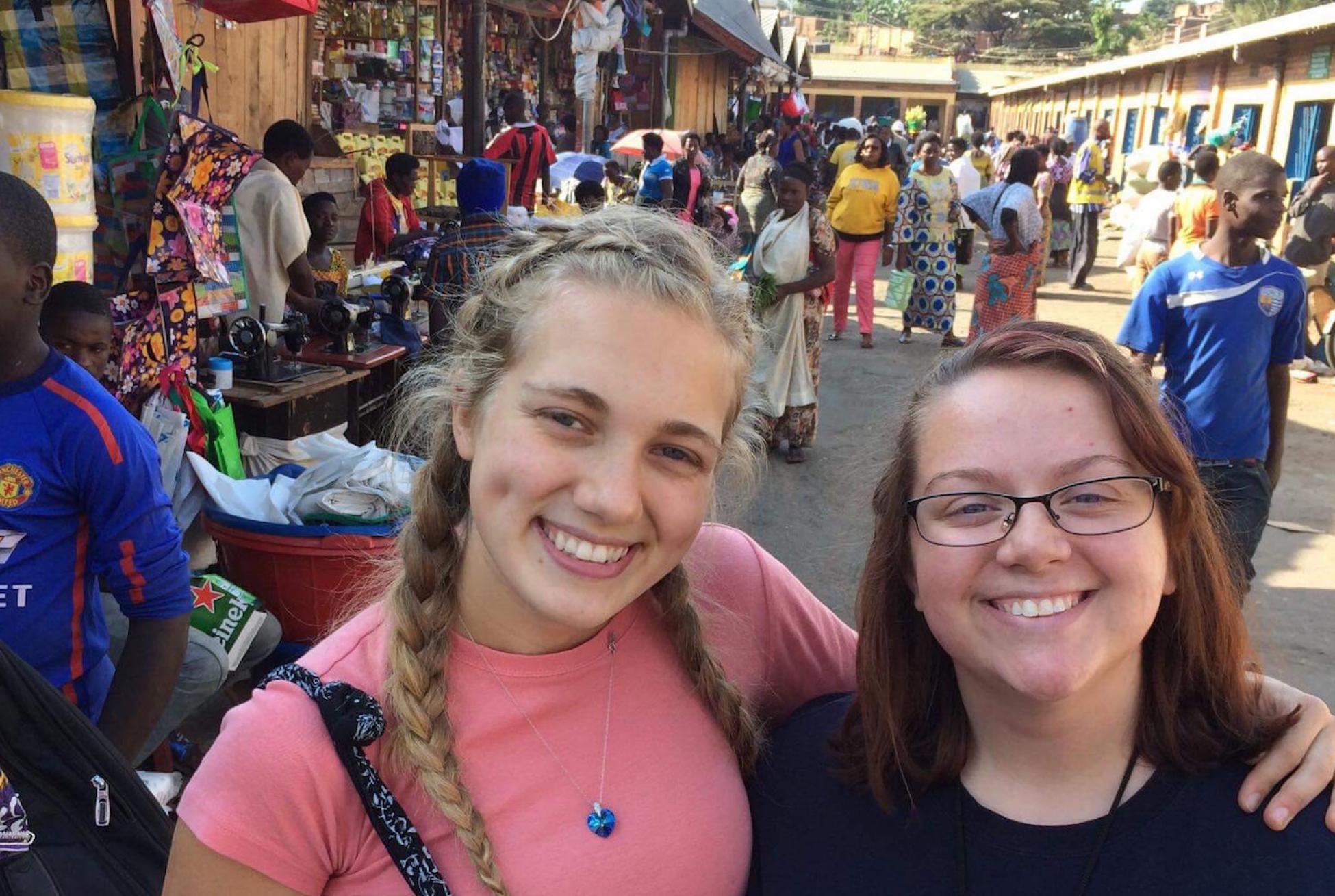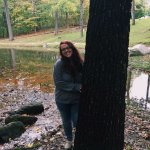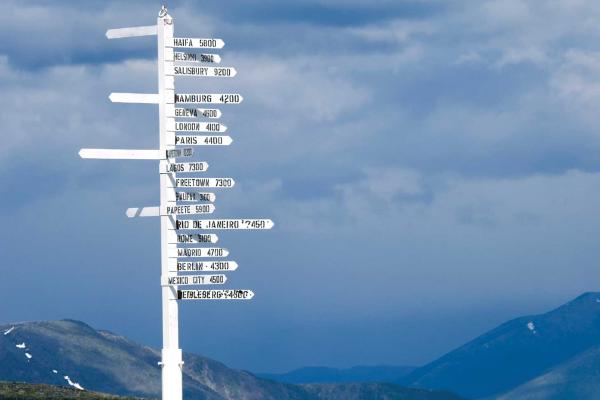Right now, I am in the car with my Uncle Matt, driving to his house in Musanze, Rwanda. I’ve been travelling for the past three days with my best friend Reagan. Travelling with only one person—who is also a newbie at traveling out of the country—is probably the unwritten definition of stressful.
At the beginning of this trip, I thought I had prepared myself for what I was getting myself into. Truth be told, I hadn’t.
Being deaf, there are some things that I had to do to make sure I will make it to Musanze without any trouble. I had to make sure that my medicine (malaria pills and yellow fever shot) wouldn’t compromise my immune system, which is especially weak because of the meningitis I contracted when I was younger. I had to buy enough Cochlear Implant (CI) batteries for three months. I had to contact my doctors and get a medical travel letter, in case of emergency.
My aunt often has to translate what someone says in KinyaRwanda language, and then Reagan signs it if I don’t understand what they said. It is a language barrier times two.
In the past, airports have never been a problem for me. I just have to inform the workers that I have CIs and go through a special security machine. But it wasn't that easy when we landed in Doha.
Reagan couldn't understand what the people were saying even though they were speaking English. This caused me even more stress because if Reagan did not know what was happening, I would be completely clueless.
We finally found our way to the screening process, where I informed the worker that I was deaf and couldn’t go through the regular screening machine. He had to call three other people to figure out what to do. My heart almost stopped when the man called the third person. I thought they weren't going to let me through. Luckily, I had my medical card from Med El, a CI company proving that I have cochlear implants.
It's now been two days since we landed, and it's very different from America. My aunt often has to translate what someone says in KinyaRwanda language, and then Reagan signs it if I don’t understand what they said. It is a language barrier times two. On Monday, we are visiting the Deaf school. I can’t wait to be able to communicate without having to depend on someone else.
Many people take communicating for granted, it’s easy because there is nothing to hold you back. It is freeing to actually have no barrier between you and other people; that is why I love my language so much.
I can’t wait to see what happens in the next three months.
Add this article to your reading list




